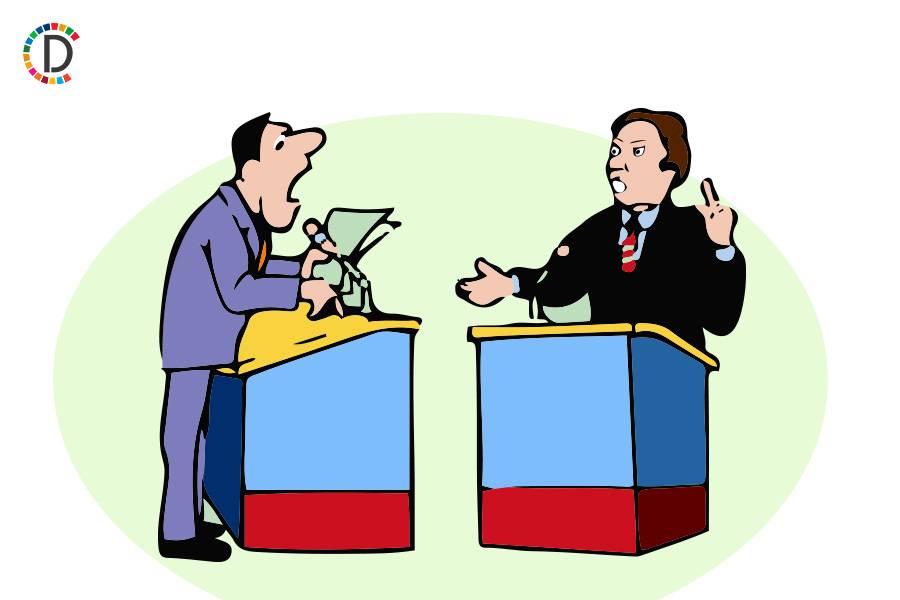Germany's Coalition Crisis: Economic Woes and Political Unrest
Germany's coalition government is under pressure as economic woes and political disunity threaten its stability. With upcoming elections, coalition parties are struggling to maintain unity amid poor performance in recent regional elections. Finance Minister Lindner faces mounting pressure within his party, while economic debates heighten coalition tensions.

Germany's coalition government is in turmoil as internal disagreements and escalating economic challenges highlight fractures among the ruling Social Democrats (SPD), Free Democrats (FDP), and Greens. Chancellor Olaf Scholz's recent call for a summit to address economic issues revealed a lack of coordination with other ministers, exposing deepening dysfunctionality within the coalition.
As the country's federal election campaign unofficially begins, the coalition members are increasingly at odds, particularly after poor showings in regional elections. FDP leader and Finance Minister Christian Lindner faces significant internal pressures. Senior FDP sources indicate the party may seek better electoral fortunes inside or outside the government.
Ongoing debates over economic strategies are placing significant strain on the coalition, especially as Lindner pushes for decisions to address Germany's budgetary shortfall and economic recovery. Rising tensions are leading to questions about the coalition's future stability, though analysts believe it may survive until the next scheduled federal election.
(With inputs from agencies.)










